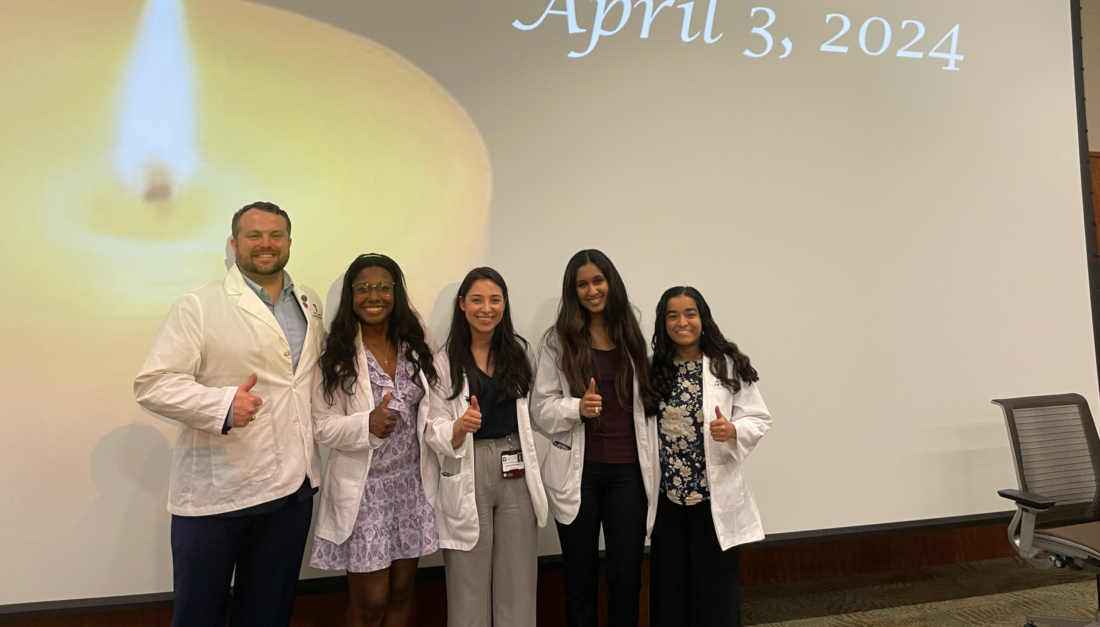COM dean testifies on veterans
(COLLEGE STATION, TX) — Texas A&M Health Science Center College of Medicine Dean Christopher C. Colenda was in the nation’s capitol Wednesday to testify on the need for research into treating adults with late-life mental disorders and for veterans experiencing post-traumatic stress disorder.
Colenda, M.D., M.P.H, Jean and Thomas McMullin Dean of Medicine, spoke as past president of the American Association for Geriatric Psychiatry (AAGP) before the U.S. House of Representatives Appropriations Subcommittee on Military Construction, Veterans Affairs, and Related Agencies in Washington, D.C. His testimony cited the need for a comprehensive study by the Institute of Medicine (IOM) of the National Academies to make recommendations on future work force needs for treating older adults with late-life mental disorders and dementia, including older veterans, and the importance of better research on and treatment for post-traumatic stress disorder (PTSD).
According to Dr. Colenda, as many as a third of all veterans seeking care through Veterans Affairs have received treatment for mental disorders, and serious mental illnesses affect at least a fifth of veterans using the VA health care system. The IOM already has discussed conducting such a mental health study with the AAGP.
“As a general rule, for all older veterans with primary or secondary psychiatric illnesses, psychiatric and general medical care must be integrated in order to have the best outcomes and reduced costs,” Dr. Colenda said.
The dean also noted the conflicts in Iraq and Afghanistan have led clinicians to report symptoms of re-emergence of PTSD among elderly patients who served in World War II, the Korean War and Vietnam War. The HSC recently established a Center of Excellence to examine the root causes of the disorder.
“We must meet the immediate health needs of returning Operation Iraqi Freedom-Operation Enduring Freedom veterans so that they will be able to have healthy and productive lives in their middle years,” Dr. Colenda said.
“But our recent experience with the earlier generations teaches us that quick and effective intervention in mid-life, especially with conditions such as PTSD, is critical for preventing significant psychiatric morbidity in late life as well.”
Media contact: media@tamu.edu


